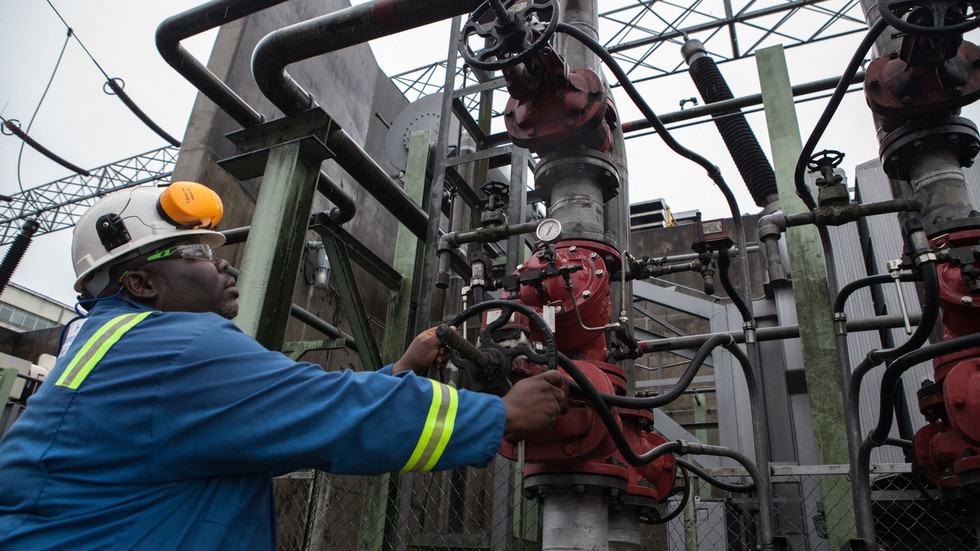The continent has taken a decisive step towards resource sovereignty, but the real struggle lies ahead
By Vsevolod Sviridov, expert at the Center for African Studies, Higher School of Economics, Moscow
At an extraordinary meeting of the Council of Ministers of the African Petroleum Producers Organization (APPO) in early July, it was decided that the headquarters of the new Africa Energy Bank will be located in Nigeria, over Algeria, Benin, and Ghana. For Nigeria, it was particularly important to beat Algeria, a rival for the status of Africa’s largest energy power, and Ghana – a rival for political influence in West Africa.
Between Nigeria and Algeria, the choice probably fell on the former because, in January, the Research Institute (GRI) of the Gas Exporting Countries Forum (GECF) was opened in Algeria. The GRI will develop a framework for scientific and technological cooperation through information exchange, the sharing of best practices, innovation, and technology transfer. Moreover, the African Energy Commission (AFREC) of the African Union is also located in Algeria. The presence of such international organizations has already sealed Algeria’s status as an influential player in the energy sector, both in Africa and globally.
The fact that the headquarters of the Africa Energy Bank (AEB) – which may become one of Africa’s most influential financial structures, both in the energy sector and in general – will be located in Nigeria is an important achievement for the country, especially in light of the crises which have impacted the country’s energy sector.
The founding documents and the AEB charter were signed in early June by Afreximbank and the Africa Petroleum Producers’ Organization (APPO). The latter is an African organization established in 1987 to develop intra-African cooperation in the energy sector. The same two organizations spearheaded the project to establish the AEB, became its founders, and will provide a large portion of the initial capital.
......more below
https://www.rt.com/africa/601547-sovereignty-africa-energy-bank/
Ghana is interested in purchasing a floating nuclear power plant from Russia, Ghanaian Ambassador to Russian Koma Steem Jehu-Appiah told Sputnik.
"I know that our minister of energy was here last year and signed a corresponding agreement. I think this is innovative, and in a conversation with the minister of energy, he said that the country is interested.
So, Ghana could purchase such a nuclear power plant," the diplomat said when asked about the possibility of Ghana purchasing a floating nuclear power plant.
Russia and Ghana began cooperation in the field of nuclear energy after signing an intergovernmental agreement in 2015.
The agreement outlined plans for joint work in the areas of training specialists, building nuclear power plants and related infrastructure, and providing maintenance services. In October 2023, representatives of Rosatom met with the Ghanaian Ministry of Energy in Cape Town. At the meeting, Russia proposed using floating nuclear power plants to supply power to ...














